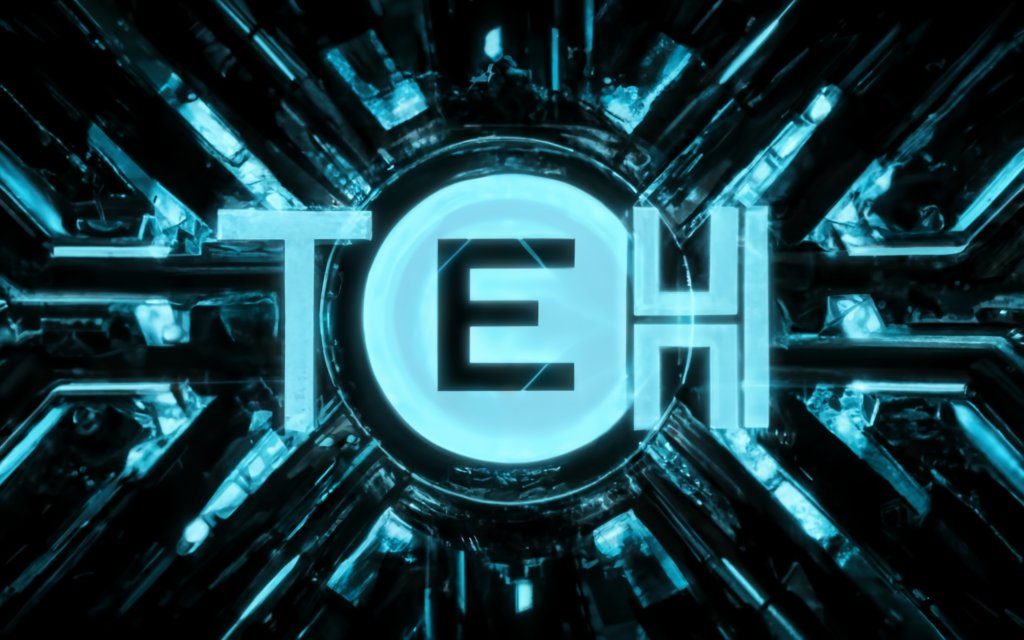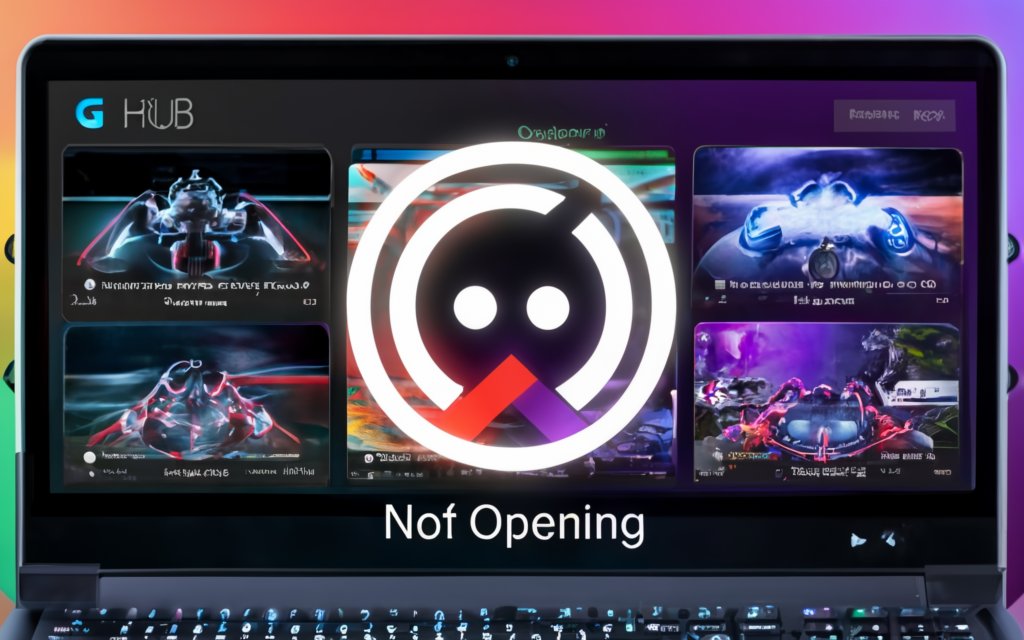The world has been buzzing lately about something called Nubbin Tech — a mysterious neural implant supposedly capable of letting users relive memories, explore dreams, and even escape reality. But is Nubbin real, or just another high‑budget illusion? In this article, we’ll dive into what Nubbin Tech claims to be, how it captured global attention, and why it ultimately turned out to be a marketing stunt tied to Black Mirror Season 7.
What Is Nubbin Tech? (H2)
At face value, Nubbin Tech is presented as a coin‑sized brain chip developed by a fictitious company called TCKR Systems. It allegedly allows users to:
-
Relive personal memories with vivid detail
-
Experience virtual consciousness or dream worlds
-
Modulate emotions and feelings
-
Integrate seamlessly with digital devices for an immersive experience
The promotional materials describe the device featuring a “Gen9 Processor,” “7× more synaptic connections per millisecond,” and “virtual realms” tailor‑made to your desires.nubbintech.com+2CBR+2
The branding is slick, the visuals compelling, and the concept taps into deep human desires—memory, escape, and control. It sounds like science fiction. That’s because it is science fiction, at least in terms of practical reality.MalwareTips Forums+1
The Black Mirror Connection (H2)
TCKR Systems: Fictional but Familiar (H3)
TCKR Systems is a recurring fictional entity in the Black Mirror universe. It has appeared in past episodes and represents advanced neurotech in speculative narratives. The “Nubbin” campaign uses this company as its vehicle, which made it more believable for many viewers.MalwareTips Forums+2Séries em Cena+2
Marketing That Blurs Reality (H3)
What makes Nubbin Tech especially interesting is the marketing strategy:
-
A fully functional, professional‑looking website for TCKR Systems.CBR+2Home | Mobile Masala+2
-
Realistic influencer posts/unboxing videos, social media teasers, and LinkedIn pages.CBR+2Home | Mobile Masala+2
-
Email leaks and partial retractions (“please disregard earlier email”) that added to the mystery and urgency.Home | Mobile Masala+1
The campaign was timed around the release of Black Mirror Season 7 and was designed to generate conversation, speculation, and curiosity.Séries em Cena+2NetVol+2
Is Nubbin Tech Real? (H2)
Despite its convincing presentation, Nubbin Tech is not a real product. It is part of an elaborate promotional stunt for Black Mirror Season 7. There is no lab, no prototype available for sale, and no verified scientific development validating its claims.MalwareTips Forums+2Home | Mobile Masala+2
Some fact‑checking organizations, media outlets, and tech blogs have investigated the campaign and confirmed it is fictional.mythdetector.com+1
Why Did So Many People Believe Nubbin Tech? (H2)
Plausibility Based on Real Science (H3)
The idea of brain‑computer interfaces (BCIs), memory augmentation, and neural implants are areas of active research. Companies like Neuralink and others are experimenting with real implants, feedback devices, and neuroprosthetics. When something such as Nubbin claims to offer similar capacities, people naturally make connections and assume it’s possible (or close to possible).NetVol+1
Emotional Appeal (H3)
Nubbin’s claims touch on deeply human desires—reviving memories, overcoming loss, controlling emotional states. When a product promises an escape from reality, or a way to revisit your past, it strikes an emotional chord. That makes people more willing to suspend disbelief and buy into the story.NetVol+1
Excellent Marketing & Immersive Storytelling (H3)
The campaign was crafted to feel like a genuine product launch. Sleek design, influencer unboxings, social media buzz, email “leaks” all contributed to the illusion. The campaign used visual and narrative techniques that mimic real tech startups, making it harder initially for many to tell if it was fictional.CBR+2NetVol+2
Ethical Questions & Lessons (H2)
Even though Nubbin is fictional, it raises some important ethical questions and lessons for consumers, marketers, and creators.
Transparency & Consumer Trust (H3)
-
When things are made to look real but are fictional, some people may feel misled. This can erode trust in media, advertising, and brand messaging.
-
Vulnerable individuals (grieving people, those struggling with memory or mental health issues) might prematurely hope such tech is real, which could lead to disappointment or worse.
The Power & Danger of Belief (H3)
-
Belief in future technologies can be manipulated. When people strongly want something (memory replay, emotional regulation), they might accept false claims more readily.
-
Misinformation or misleading marketing can spread quickly in the digital age. Even fictional items like Nubbin can generate false expectations or rumors (for instance, people trying to purchase it, or believing health claims).
What Real Tech Innovators Can Learn (H3)
-
Storytelling matters. If you’re making a new tech product, narrative, branding, and presentation will affect how believable and engaging people find it.
-
Credibility is key. Real scientific validation (transparent studies, ethical oversight) helps hold lasting trust.
-
Ethical marketing is crucial—especially when promoting sensitive technologies like neurotech, AI, memory, etc.
Conclusion (H2)
Nubbin Tech is a fascinating case study in how modern marketing, storytelling, and blurred lines between fiction and reality can create something that feels real—at least for a while. Though it promises almost magical powers over memory, dreams, and consciousness, it is, in the end, part of a promotional world built by Black Mirror and Netflix.
It’s a reminder to approach sensational tech claims with curiosity—but also critical thinking. Ask questions like:
-
Is there scientific evidence?
-
Who is behind the product, and do they have a real track record?
-
Has the device been tested? Approved? Launched?
Nubbin may not be real, but it reveals a lot about what people want, what people fear, and where the boundaries between imagination and reality lie in tech.



